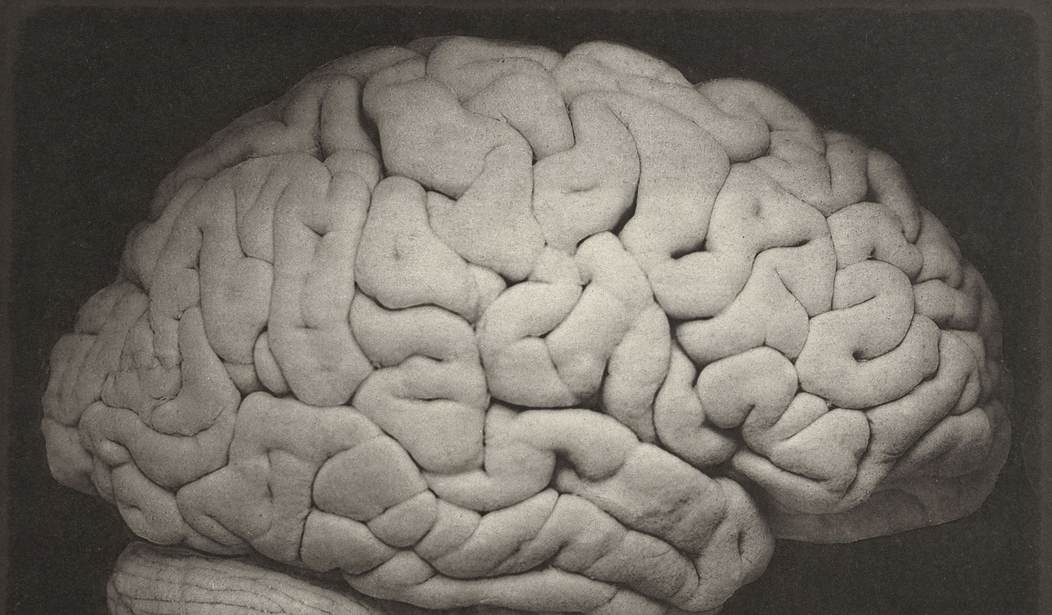It's hard to believe, but once again, this isn't an April Fool's Day joke. It really is not.
Some years back, there was a nutty professor named Sergio Canavero who claimed that he would soon be carrying out the world's first head transplant. Now, we should note that this would more properly be a body transplant, as the mind and consciousness are contained in the brain — but in any case, Canavero's own brain proved not to be up to the task, and no head (or body) transplant was carried out. But his work prompted RealClearScience's Dan Baumgardt to ask: What about a brain transplant? The real problem, as it happens (and this is no surprise to anyone who has studied biology), is installing the new brain.
The brain receives sensory information from all over the body and sends instructions back to it, making muscles contract, the heart beat and glands secrete hormones. Removing a brain requires cutting through the 12 pairs of cranial nerves which come directly off it, and the spinal cord. Information enters and exits the brain through all these structures. See the difficulty?
Nerves don’t simply join back together. As soon as you’ve cut them, they typically begin to disintegrate and die, though some are more resilient to damage than others. Research groups around the world experiment with how to promote regrowth of nerve cells after damage to avert neurological symptoms. Ideas about this might be achieved are manifold but include use of chemicals or grafting in cells that stimulate neuronal recovery.
Researchers have also suggested that a special biological glue could be used in order to stick two cut ends of a severed nerve or spinal cord back together.
Removing the old brain will have also required cutting through the arteries which provide blood. This will also have cut off critical oxygen and nutrition, which will also require recoupling.
The technical aspects are probably insurmountable, at least, given our current technical limits, or any technical limits we can realistically anticipate in the next few generations. Other transplants, sure; a brain? No. A big part of the problem is that we just simply know too little about how the brain works, or, in some cases, doesn't work. Putting a brain in a new body is many orders of magnitude more complicated than putting a new motherboard in a desktop computer.
See Related: DITY Poo Transplants - Don't Try This At Home!
Biden Demonstrates His Brain Is Mush With Inflation Remark in Wisconsin, Americans Not Buying It
But assuming for a moment that some breakthrough makes this possible — what about the ethical impacts?
It's hard to imagine the impact this would have on the transplantee. Assuming that the procedure went flawlessly, somehow nerves and blood vessels connected perfectly, and the recipient of a new body — because that's really what would be happening — could walk, talk, see, hear, and so on. Imagine the crisis of self that unfortunate person would go through — the shock the first time he looked in a mirror. How would the recipient's family react to this stranger walking in, with a different appearance, a different voice, a different height and weight, and announcing, "Hey, I'm home!"
And who says a man's brain had to go into a man's body? What if the only body available was female? That lends a whole new depth to the idea of being "transgender."
I won't even go into the potential for abuse of this ability, other than to say, hell yes, it would eventually be abused. There are plenty of third-world dictators who would leverage this to keep a grip on power for another generation, or ten.
It's probably a good thing that this ability is completely beyond our grasp and looks to stay that way for a good long time. We should probably add it to the list of things we're better off not knowing how to do.













Join the conversation as a VIP Member